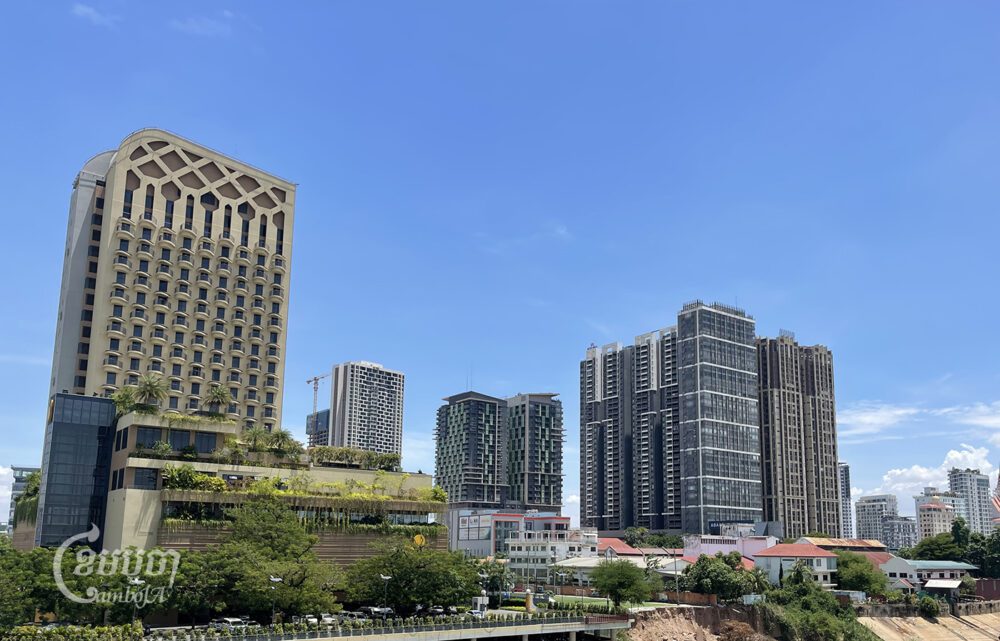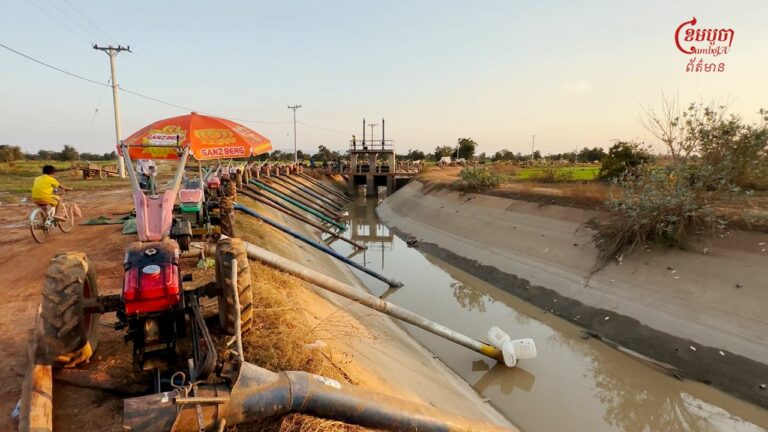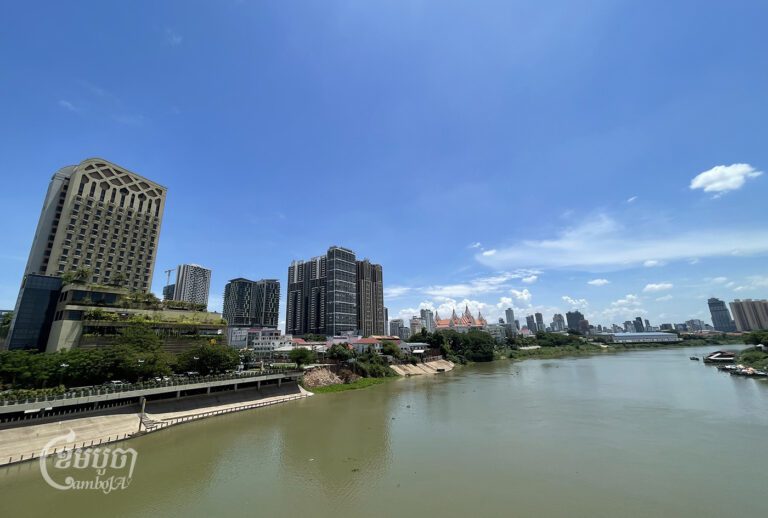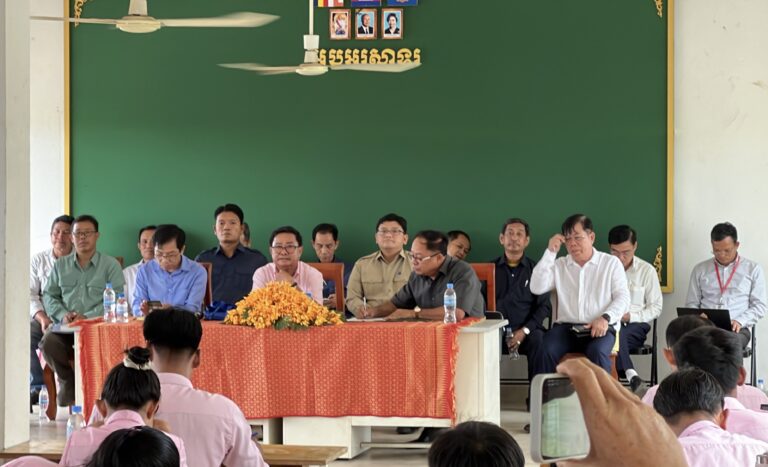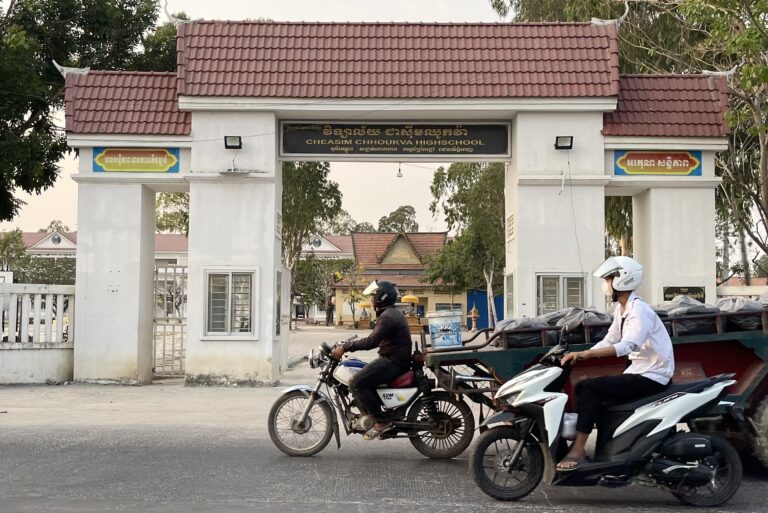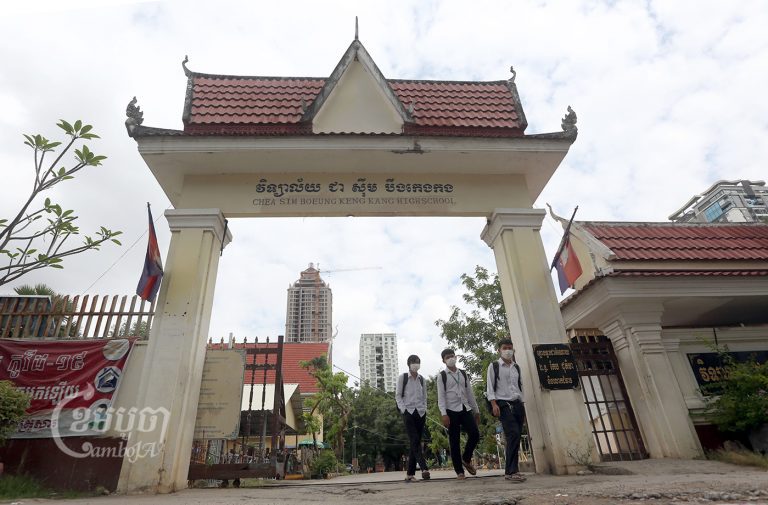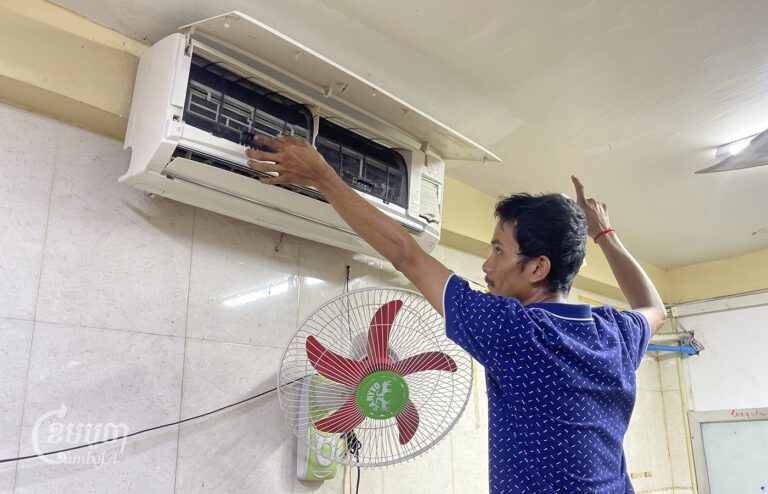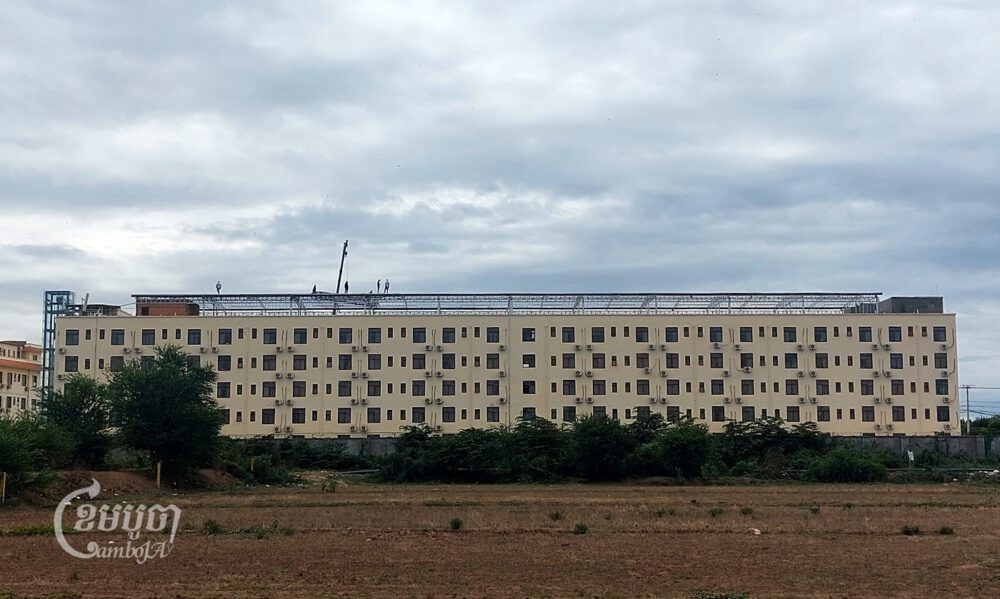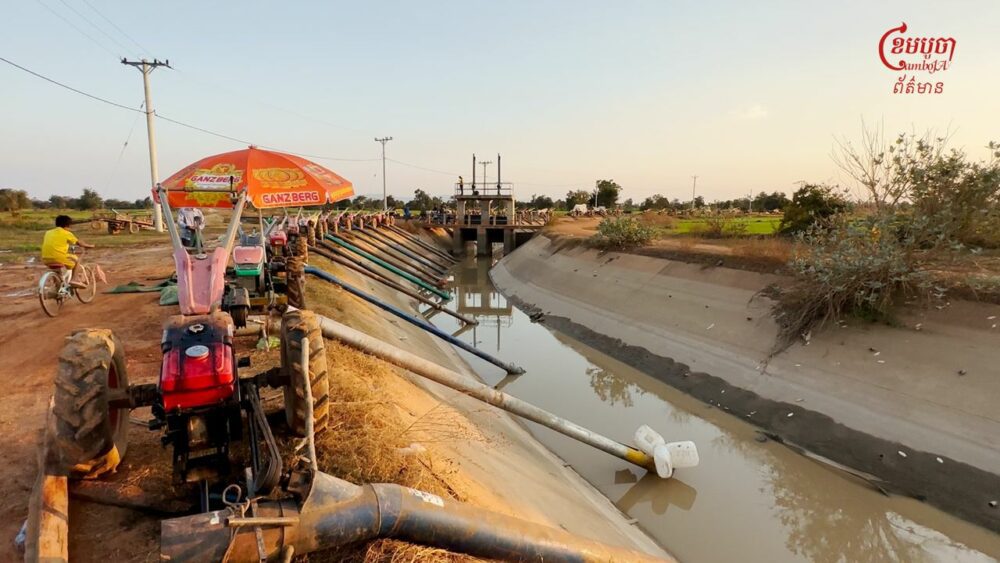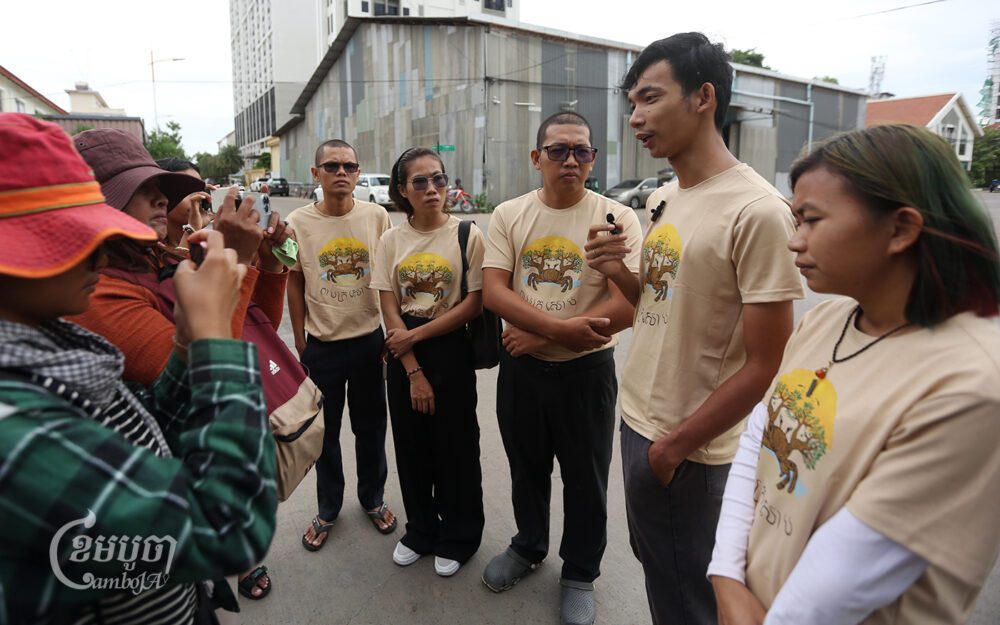Cambodia’s economic activity picked up in the first quarter of 2024, but the education sector, which sits at the center of development, needs to be strengthened.
The increase in economic activity was driven by a revival in services and goods exports, despite subdued domestic demand, according to an economic update by the World Bank.
The World Bank launched the report in Phnom Penh on Thursday, followed by a panel discussion. It was attended by government officials, NGOs and journalists.
Economic growth is expected to slightly improve to 5.8% in 2024, from 5.6% in 2023 and further strengthen to 6.1% in 2025 and 6.4% in 2026 as revival in garment, travel goods and footwear exports, and tourism propel the ongoing recovery.
Construction activity remains subdued, as the property market correction continues. As a result, domestic credit growth slowed significantly, weighing on private consumption and domestic revenue collection.
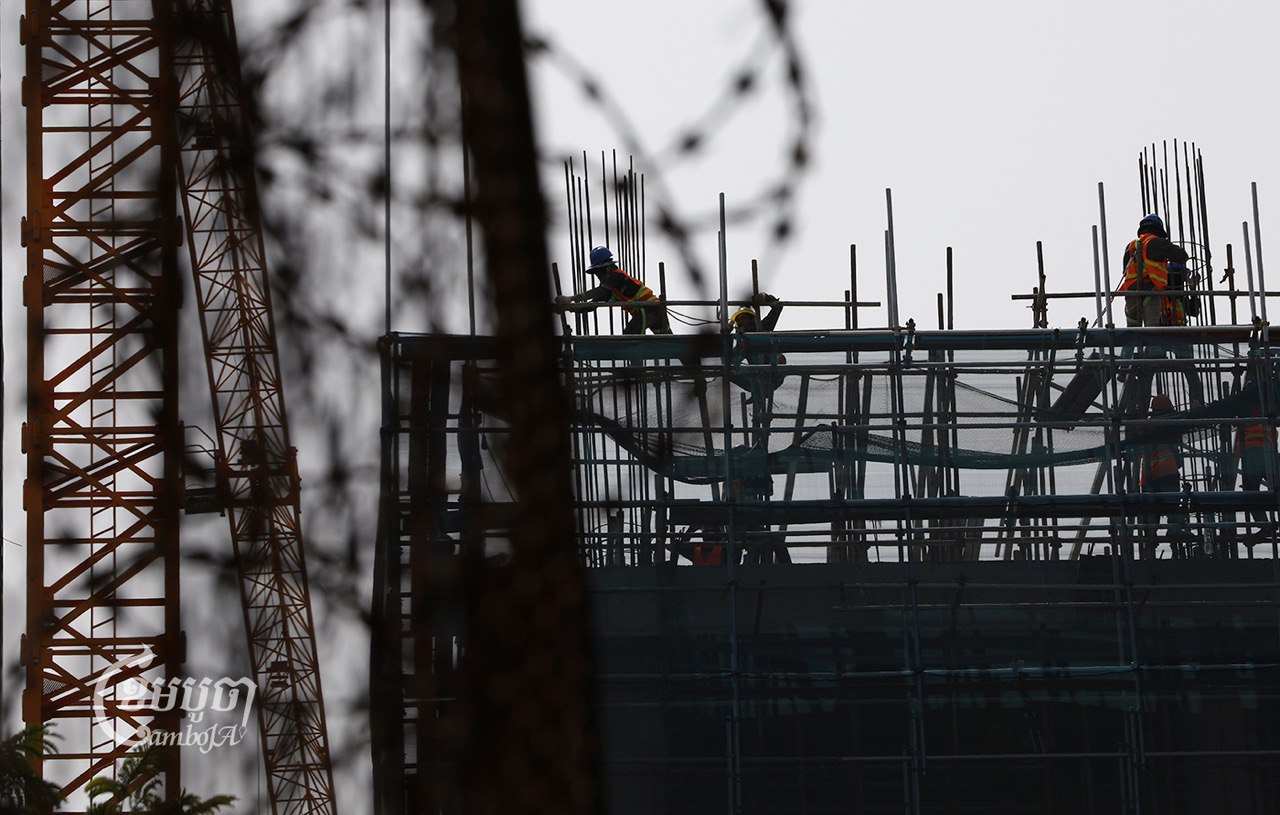
ASEAN market second largest
Sodeth Ly, senior economist at World Bank, said ASEAN has become the second largest export market at 28% in 2024 from 14.7% before Covid-19, although the US remained the largest export market at 31.4%. The EU market represents 14.3% of exports, dropping from 18% pre-pandemic.
“[It’s] economically more integrated into the regional economy [but] the US is still the number one market. ASEAN [exports] increased very fast,” added Ly.
World Bank country manager for Cambodia Maryam Salim said to sustain economic growth, Cambodia needs to maintain macro-financial stability by restoring fiscal space and safeguarding its financial sector.
“Cambodia can also strengthen competitiveness by improving the business climate, streamlining trade procedures at borders, making the energy supply more reliable, and strengthening education,” she added.
Good policy must be well-led
Cambodia’s education sector is poor, which limits development and economic growth because education plays an important part in growing the economy in the long run, said Lauri Pynnonen, senior education specialist of World Bank.
“The most important asset of Cambodia is not its natural resources, it’s not even a geographical location, it is its people,” Pynnonen added. “Education is a key ingredient for higher income, growth and poverty reduction.”
Leng Phirom, vice president of academic affairs of CamTech University, said leadership in public schools is still a problem as most teachers have a second job in the private sector. “When they work in public schools it seems like they don’t really deliver with quality, they underperform. When they work for the private sector, they perform much better,” he added.
About 80 or 90 percent of teachers were trained in the 1980s and still have a traditional mindset whereas the younger generation teachers are limited.
“First, to train them and second, you have to wait until you have enough leaders to fill in this role, otherwise you have that beautiful policy but when it comes to implementation you see the same problem again and again,” he said. “A good policy needs to be well-led and practiced to be effective.”

Increase salary, reduce stress
Cambodian Independent Teachers Association (CITA) president Ouk Chhayavy said the Ministry of Education, Youth and Sport (MoEYS) should focus more on the issue of teachers’ salaries, not just policy development, if it wants the sector to improve.
Teachers teach in private schools because their salaries are too low in public schools, as they need more income to support their family, she said.
Salary increase would reduce teachers’ worry of finding another job, thereby contributing to the improvement of the sector, she added.
Chhayavy mentioned that the private school focuses solely on improving the education sector and pays teachers well.
Developing teaching skills to meet needs
MoEYS spokesperson Khuon Vicheka told CamboJA News that the government “has always taken care of teachers”. In the last 10 years, the salaries of teachers at all levels, from college to primary, have increased accordingly, she said.
“If we look at teachers’ salaries today, we see that the lowest paid teachers start from […] at the primary education level, earning 1.4 million riel per month,” she shared, adding that the salary does not include other government subsidies.
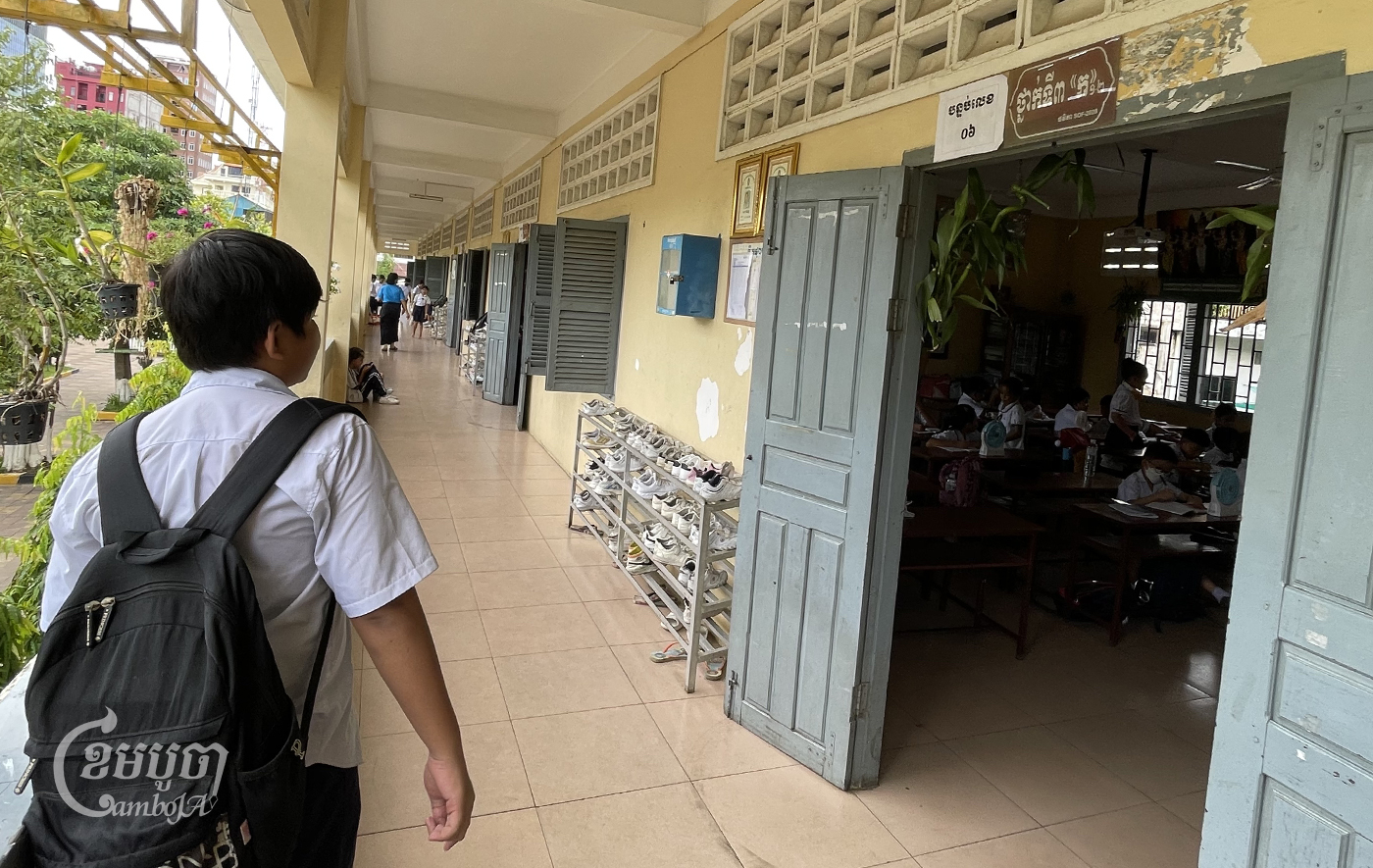
Teachers are constantly developing their teaching skills to respond to growing technology and current needs. They have undergone various training in the past. Some have started working as teachers in the 7th grade, with the ministry having developed and improved the standards for teachers.
“Teachers at the primary level must have completed at least a high school diploma and two years of pedagogical training. High school teachers must have a bachelor’s degree plus two years of training,” Vicheka said.
The ministry always encourages those who have not fulfilled the requirement to attend additional training.


